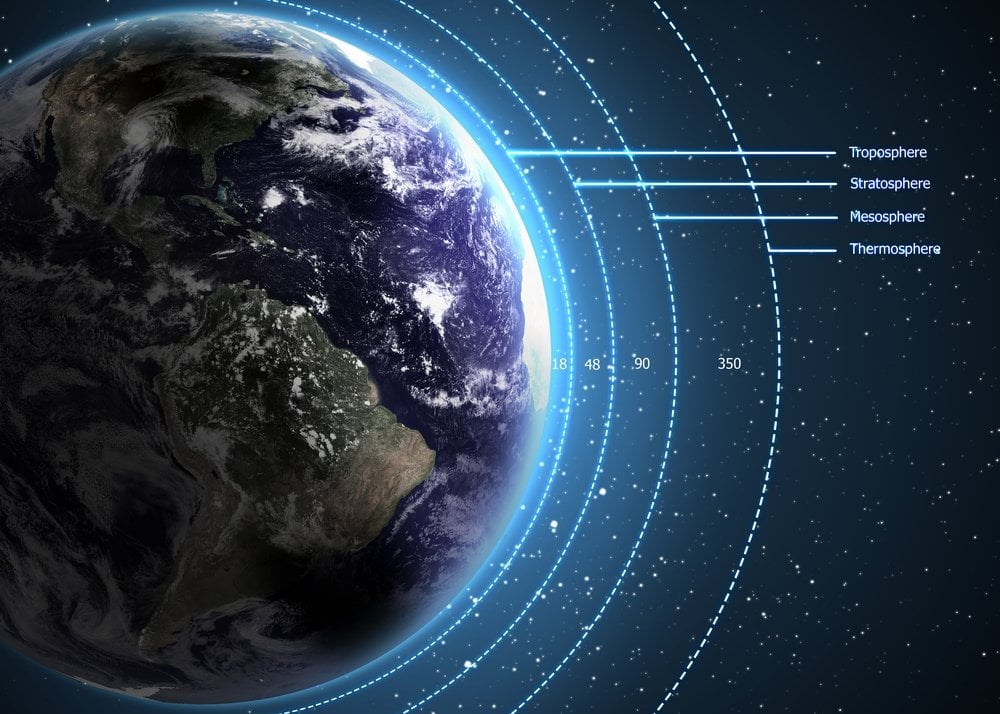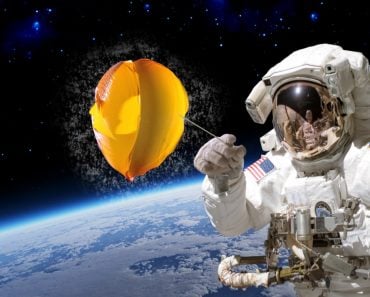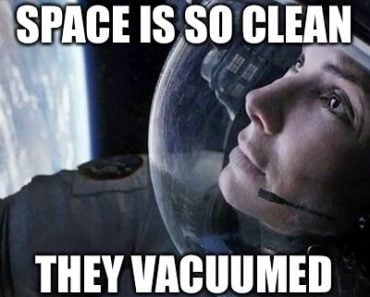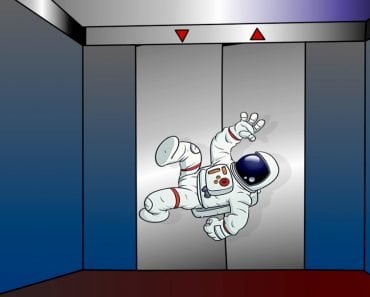Table of Contents (click to expand)
Our bodies have evolved to endure the atmospheric pressure, and we don’t feel it. However, if our bodies were just empty shells, they would be crushed under the weight of the atmospheric pressure.
One kind of pressure affects everyone on Earth, including superheroes like Hulk, Iron Man, and Captain America.
Although the air encompassing us may appear weightless, it is far from being so. Why do we assume that air is weightless? Does it not possess the right to have some weight of its own? After all, the atmosphere is a part of our planet, containing numerous gases in varying amounts.
Recommended Video for you:
Weight Of The Atmosphere
Air comprises an enormous number of molecules, which may be small but still possess some weight. Despite a single molecule being extremely light, many air molecules constantly press down on us. This means that we have a large number of air molecules that, while individually light, become heavy in great numbers.

Have you ever felt the pressure of lifting something very heavy on your shoulders or head? This is similar to how atmospheric pressure works. Thousands of air molecules are constantly pressing down on us, and the standard value of atmospheric pressure at sea level is 14.7 pounds per square inch. To put it into perspective, it’s like carrying a small car on your head all the time.
You may wonder why we don’t feel this pressure.
Equilibrium: The Great Equalizer
The air around us exerts pressure on our entire body. However, what is fascinating is that the same amount of pressure is exerted back onto the air molecules by the inside of our bodies, creating a state of equilibrium.
Simply put, the human body has evolved over time in the presence of air and in accordance with the pressure exerted upon it. If the human body were an empty shell, it would have popped like a tin can under our atmospheric pressure. But that doesn’t happen.
This means that there is a certain equalization of pressures involved, which is why there is no pressure difference and why we don’t feel burdened down by air. The pressure of the air outside our body is the same as that of the air inside our body. The air that is constantly present in our lungs, ears, and nose has the same atmospheric pressure as the air on the outside of our ears, nose, and chest. Since there is no pressure difference, we don’t feel anything at all as far as atmospheric pressure is concerned.
When There Is A Pressure Difference…
You understand by now that you don’t feel the atmospheric pressure due to an absence of a pressure difference between the external air and the air that’s inside your body, which we’ll call ‘internal air’.
However, what happens if there is a pressure difference? Is it rare or dangerous?
In fact, pressure changes are quite common, especially if you are a frequent flier. You may have experienced it when your ears ‘pop’ during takeoff or landing. This is due to a change in external and internal air pressure. As you gain altitude, the pressure in your ear becomes unequal to that in the aircraft’s cabin. This can be uncomfortable and make it difficult to hear.

There are many other instances of changing air pressure, most of which primarily affect the nose and ear. There is no ‘cure’ for it, per se, but certain methods could definitely help you open your eardrums and get the pressure back to normal. One such technique involves closing the nostrils and mouth and gently blowing air through the nose. Big yawns also help to ‘un-pop’ the ears.
We can’t be thankful enough for the wonders that nature presents all around us. It works in mysterious ways and effectively balances every variable in its ambit to ensure that all the natural conditions are stacked up in a way that sustains and progresses life on Earth.
Last Updated By: Ashish Tiwari
References (click to expand)
- Merriam, J. B. (1992, June 1). Atmospheric pressure and gravity. Geophysical Journal International. Oxford University Press (OUP).
- Why are you not crushed by atmospheric pressure?.
- Boycott, A. E., & Haldane, J. S. (1908, December 15). The effects of low atmospheric pressures on respiration. The Journal of Physiology. Wiley.
- We found a match - openurl.ebsco.com













